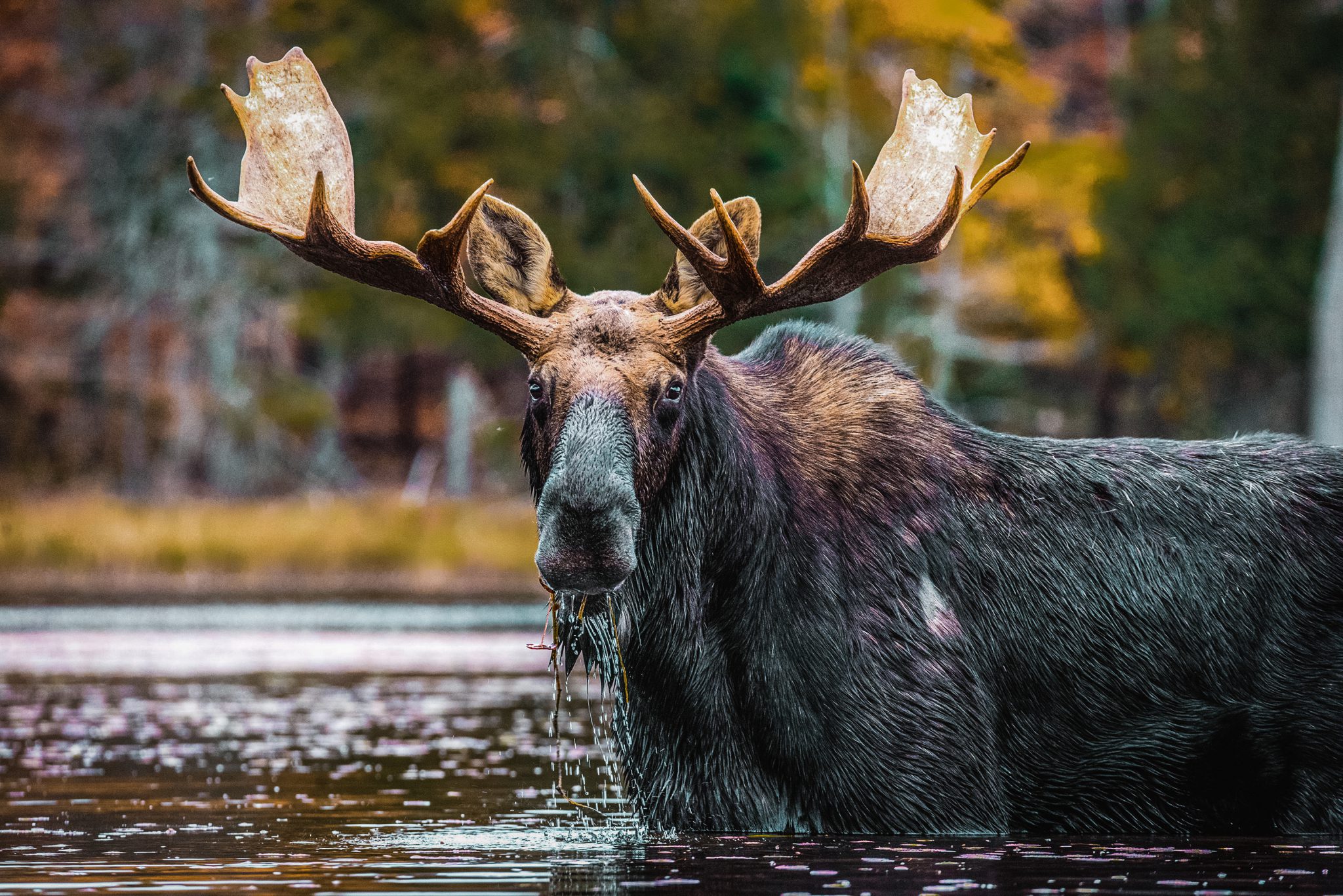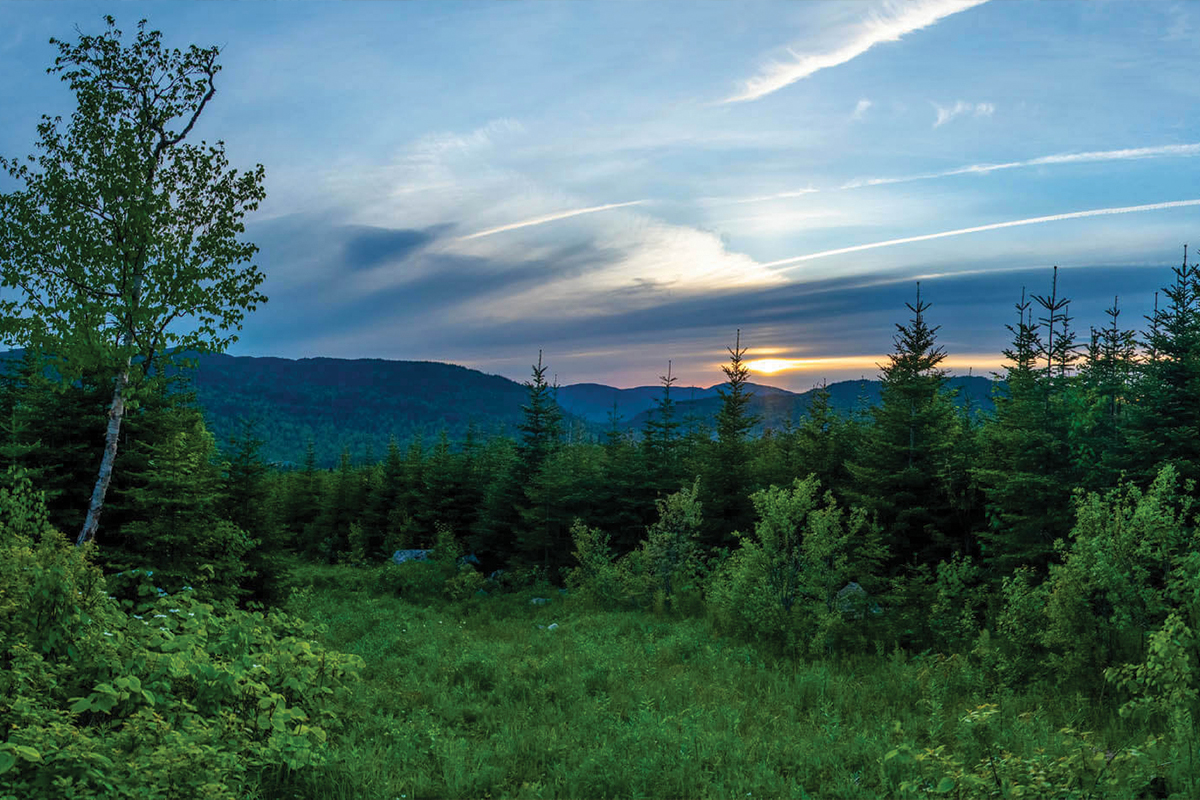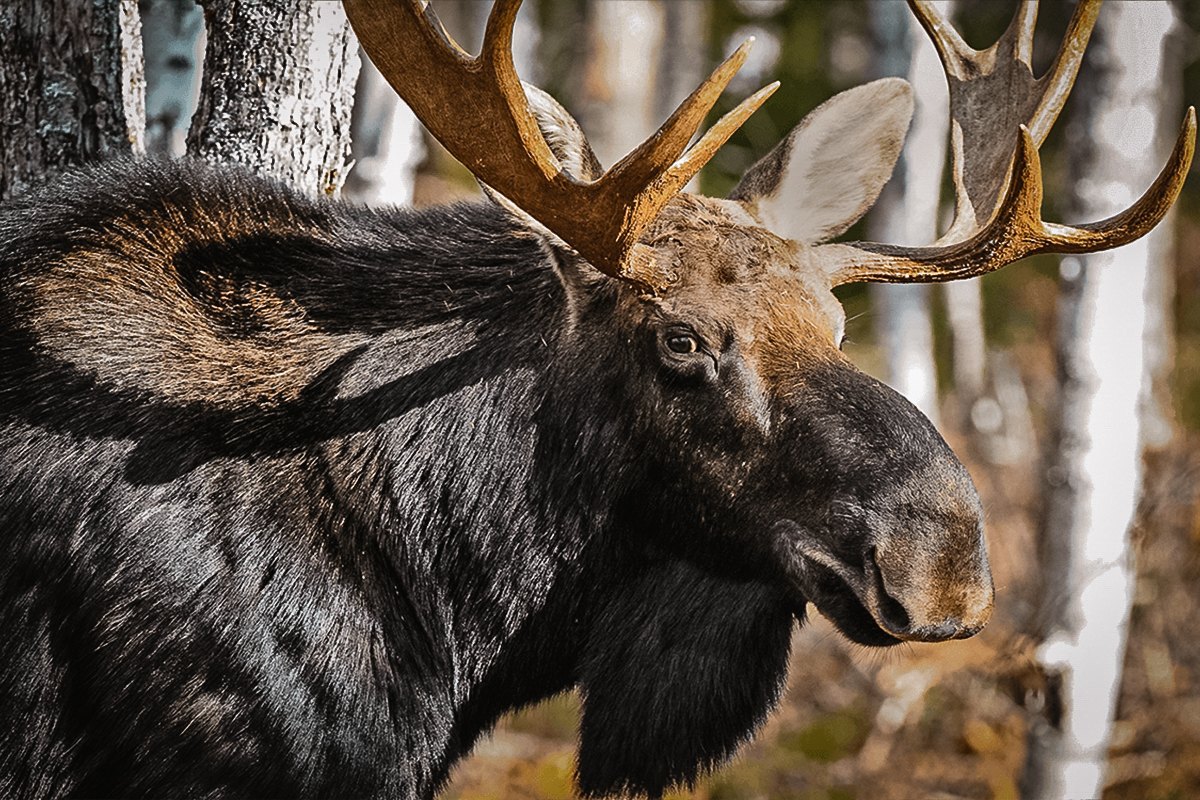Maine passed a constitutional right-to-food amendment last November, which guarantees the state’s residents the right to grow and harvest food for personal consumption. Thanks to an interesting interpretation of the amendment, a recent lawsuit is challenging the ban on Sunday hunting in Maine.
According to the National Law Review, the right-to-food amendment “gives Maine residents an unalienable right to grow, raise, produce, and consume food of their choice. Under this amendment, Maine residents may create their own food supply, whether statewide or in silos.”
Joel and Virginia Parker of Readfield filed the lawsuit in Kennebec County Superior Court arguing that the ban on Sunday hunting is archaic and prevents them from harvesting food for their family, which is in direct conflict with the new amendment.
The Parkers claim that the current hunting laws allow them only one day of hunting a week because their jobs and family obligations prevent them from getting into the woods any other day but Saturday during the season.

The lawsuit calls for the Sunday hunting ban to be declared unconstitutional and removed permanently.
Massachusetts is the only other state with an outright ban on Sunday hunting. There are nine other states with some form of “blue law” restrictions still in place but not outright bans, including Connecticut, Delaware, Maryland, New Jersey, North Carolina, Pennsylvania, South Carolina, Virginia, and West Virginia. Such laws get their name because 18th-century Puritan leaders printed Sunday trade restrictions on blue paper. The laws were enacted so that workers would spend time in church or with their families.
In Maine, the Sunday hunting ban has been in front of the state Legislature to either overturn or scale back the ban 35 times in the past 45 years.
This time, the stakes are a bit different, since the lawsuit now moves the decision into the courts rather than seeking change from the Legislature. The potential for many more lawsuits, depending on the precedent set in this case, hangs in the balance.

A recent survey illustrated precisely how polarizing the Sunday hunting ban is among Mainers.
Only 34% of respondents favored removing the Sunday ban entirely and treating it like the six other days of the week, while 45% favored opening up Sunday hunting on a conditional basis — meaning hunters would have to obtain landowner permission to climb a stand.
Roughly 94% of Maine’s forest land is privately owned, and more than half of that land area is open to the public. In total, landowners voluntarily open up more than 10 million acres of working farms and forests.
According to the letter of the law, Maine operates under an implied permission structure, which means if the land is not posted, it is legal to hunt. Of course, asking the landowner for permission is sort of an unwritten rule that most hunters follow.
Of the landowners in the northeast and central regions, 62% and 61% respectively oppose lifting the ban. In the southern region of the state, opposition rose to 81%.
As hunting rights and the state’s unique right-to-food amendment go up against the long-standing hunting ban, the equally long-standing goodwill of Maine’s private landowners is potentially at stake in a state with very little truly public land.
READ NEXT – After 40-Year Wait, Hunter Draws Moose Permit, Bags Grand Slam








Comments